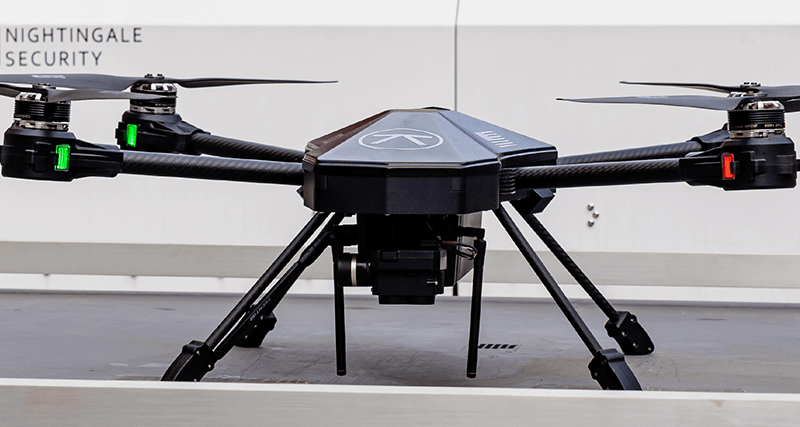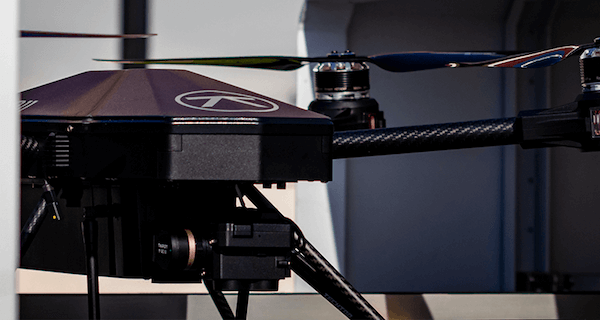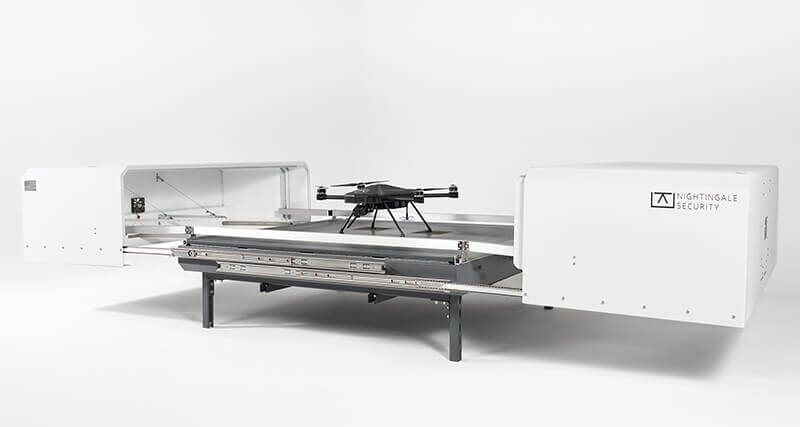LEADERSHIP TEAM

With over 20 years in the tech industry, Jack has made significant strides, beginning as the third employee at eGroups, which later became Yahoo! Groups. He served as the Creative Director of Tickle until its acquisition by Monster and founded a software company catering to heavyweights like Facebook and Pepsi. He then helmed 50Cubes, a gaming studio, growing its user base to 35 million monthly active users in less than a year, with early innovations in user pattern recognition and anomaly detection. This experience in virtual technology laid the groundwork for his leadership at Nightingale Security, where he’s pioneering in physical security automation through autonomous drone technology.

John received his Ph.D. in Aeronautics and Astronautics from Stanford University in 2004. His doctoral dissertation work includes novel numerical algorithm development for solving complex unsteady transonic flows and coupled aerodynamics. Upon completion of his Ph.D., John worked at SpaceX on Falcon’s navigation system, developed aerodynamics and structural coupled loads analysis simulations, performed orbital trajectory optimization analysis.
John’s current research interests include solving accurate physics simulation of constrained rigid body dynamics at near real-time, realistic robotic perception simulation. Recently, he has been working on development of integrated robotic simulation platform suited for robotic applications such as robotic navigation, planning, manipulation and perception.
John helped bootstrap ROS as a startup and he was the main author of some of the fundamental components for the ROS ecosystem (robot model description, path planning, controls). John made the Gazebo simulator popular by making it useable. It’s now widely adopted and used for many robotics competitions (DRC), industries (rethink, yuneec, etc.), teaching college courses (GWU, Stanford, u-penn, etc.).
At Willow Garage, John was responsible for defining the vision for the autonomous car project. While at SpaceX, John worked in a small 4 person team and he wrote the high fidelity dynamics simulator for predicting flight feasibility and safety. He also did trajectory generation and safety (casualty) analysis.

Why is drone adoption a natural next step for the future of physical security?
As the world becomes more reliant on technology and critical infrastructure becomes increasingly vulnerable to cyber attacks, there is a growing need for advanced security solutions to protect these assets. One solution that has gained popularity in recent years is the use of autonomous security drones. These drones offer numerous advantages over traditional security methods and are becoming a valuable tool in protecting critical infrastructure.
One of the primary benefits of using autonomous security drones is their ability to provide real-time surveillance and threat detection. Drones can be equipped with advanced sensors and cameras that allow them to monitor vast areas of critical infrastructure quickly and efficiently. This can greatly enhance the speed and accuracy of threat detection, allowing security teams to respond to potential threats before they cause significant damage.


Another advantage of using drones for security is their ability to cover areas that are difficult or impossible to reach by other means. For example, drones can be used to monitor pipelines, power plants, and other remote locations that are typically difficult to access. This can provide a level of security that is not possible with traditional security methods, ensuring that critical infrastructure remains protected even in the most challenging environments.
Drones also offer a level of flexibility and scalability that is unmatched by traditional security methods. Drones can be quickly deployed in response to changing security needs, and their size and mobility make them ideal for use in large-scale security operations. They can be quickly and easily reconfigured to meet changing security needs, providing security teams with a highly adaptable tool that can be used to protect critical infrastructure.
Finally, the use of autonomous security drones can help to reduce operational costs. By automating the surveillance and threat detection processes, drones can help to eliminate the need for manual labor, freeing up security personnel to focus on more important tasks. Additionally, the use of drones can reduce the need for expensive security hardware and software, allowing organizations to achieve cost savings while still providing high levels of security.
In conclusion, the use of autonomous security drones offers numerous advantages for protecting critical infrastructure. With their real-time surveillance and threat detection capabilities, their ability to reach remote and challenging locations, their flexibility and scalability, and their potential for cost savings, drones are becoming an increasingly important tool for securing critical infrastructure. By leveraging these benefits, organizations can ensure that their critical assets remain protected, even in the face of rapidly evolving security threats.

